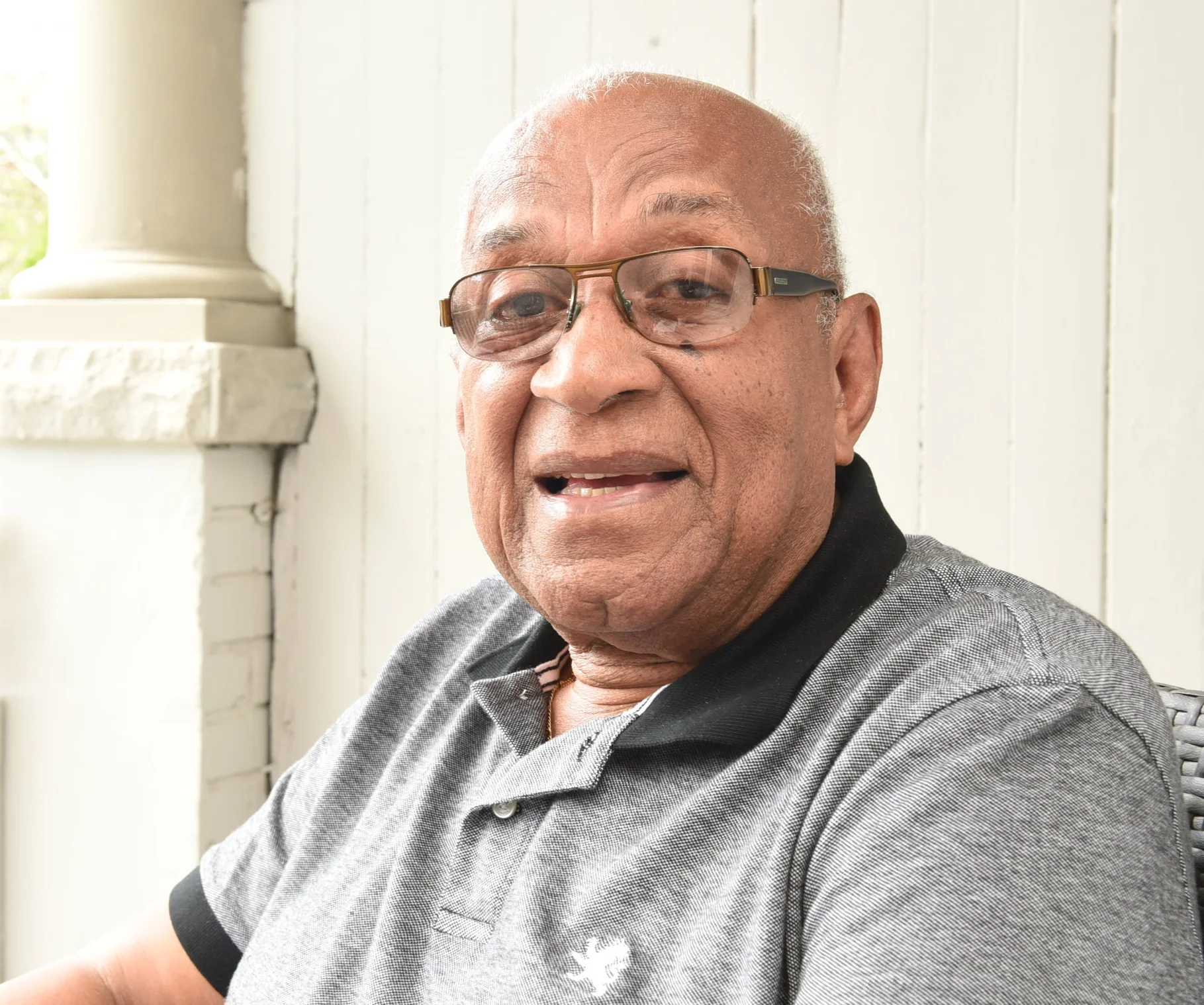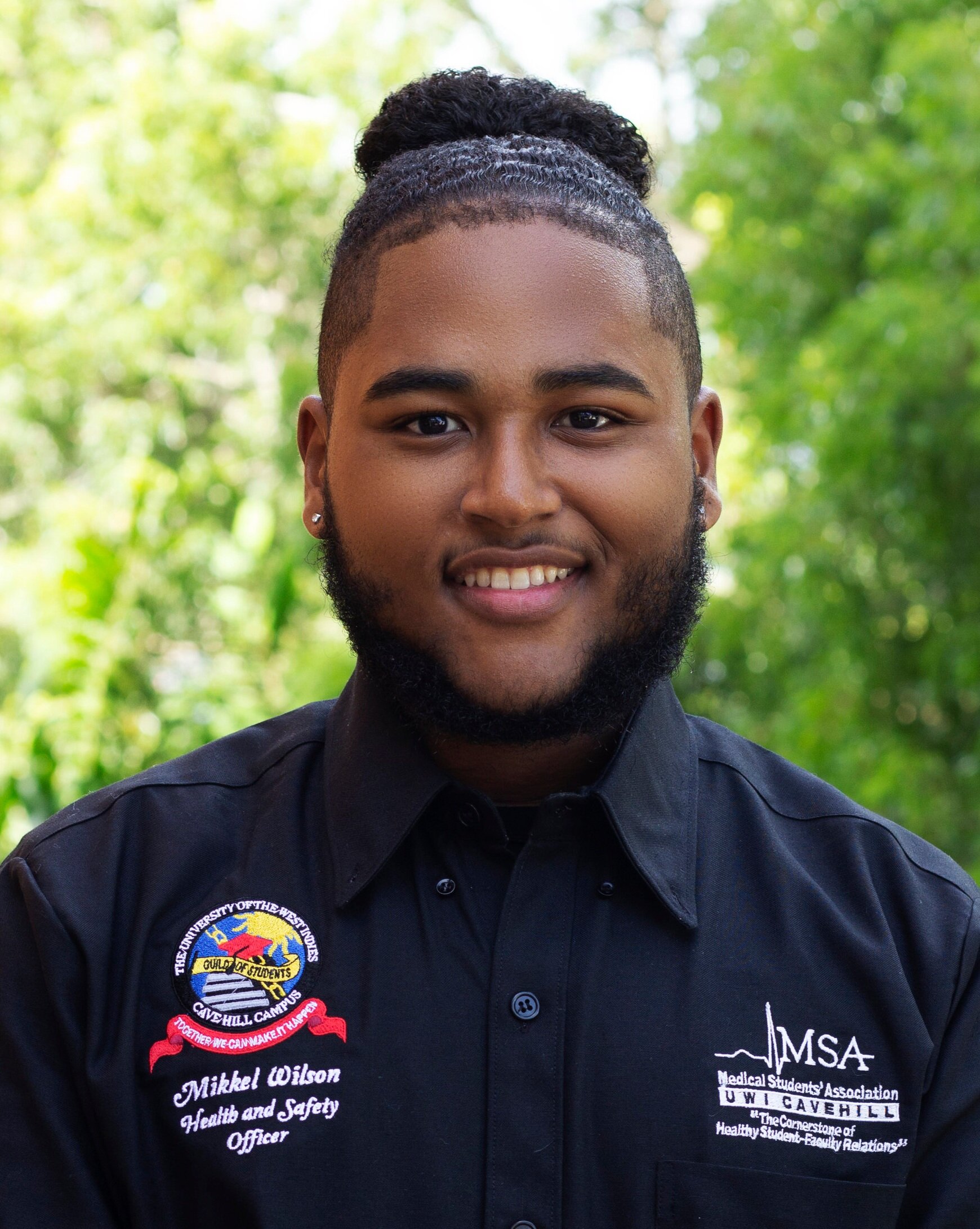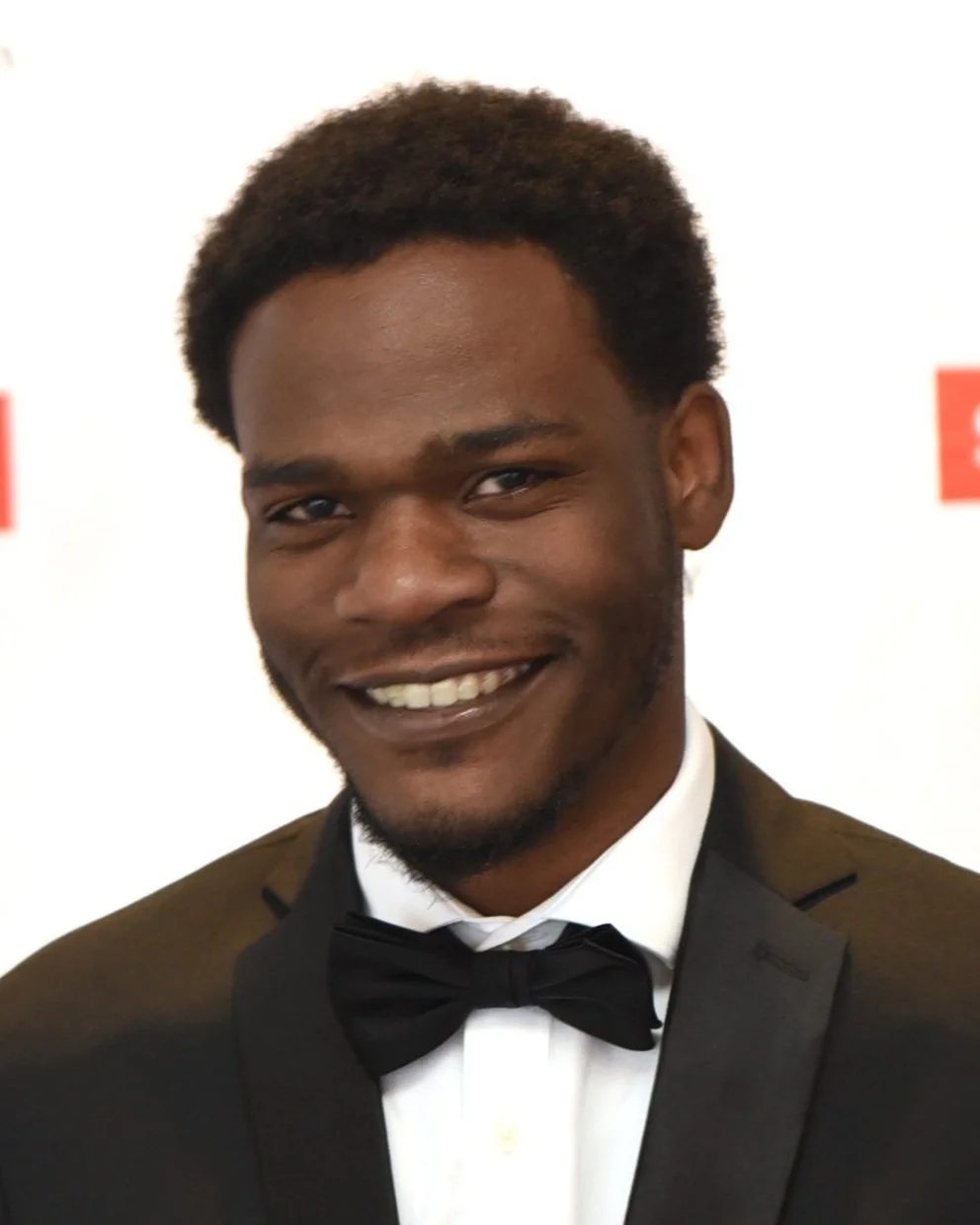Caribbean doctors benefit from Canadian forensic training
July 13, 2017
Forensic science is a truth-seeking tool for justice that was clearly grasped by late Ryerson University chancellor Raymond Chang.
Through a landmark $2 million gift by his foundation, a forensic pathology fellowship was set up two years ago at the University of Toronto’s department of laboratory medicine & pathobiology. The foundation has made an additional $2.25 million donation to help the program grow.
It’s the first global fund that enables young physicians from the Caribbean and other developing countries to train and strengthen forensic capacity in their countries.
Last week, Dr. Trudy-Ann Brown returned home as the first newly certified Jamaican fellow to benefit from the specialized training.
“The fellowship has simply been amazing,” she said. “Through this program, I learnt how to properly conduct autopsies and post-mortem examinations. I was exposed to various levels of cases, what kinds of techniques to use, what other persons are needed to be involved in the decision-making process and the ancillary tests that are available.
In Canada, CT scans are performed in all cases before a pathologist examines the body. Four years ago, Ontario became the first jurisdiction in Canada to begin using imaging machines designed to diagnose the living as a tool to uncover the medical secrets of the dead.
“We don’t have access in Jamaica to CT scanning or x-rays in forensic autopsy which is important, particularly in cases where you are dealing with victims with multiple gunshot wounds,” said Brown. “That would be extremely helpful as it would help to determine the bullet wound path instead of just fishing around.”
The Queen’s School graduate completed a Bachelor of Science degree in botany and zoology at the University of the West Indies (UWI) before applying to medical school.
“At around the same time, I became interested in forensic pathology after watching crime drama television shows such as CSI, Law & Order and Criminal Minds,” said Brown. “I liked the sciences, but I didn’t know what I wanted to specialize in up until that point.”
After interning at Spanish Town Hospital where she spent a year as a senior house officer and a combined 12 months in anaesthesiology and accident & emergency, Brown did a one-year stint as a medical officer at the government laboratory before pursuing anatomical pathology studies at UWI.
She completed that program in 2015.
Jamaican Dr. Natasha Richards, who has been in the program with Brown, returns home in December after completing a cardiovascular pathology fellowship.
“I think it’s a huge benefit for Jamaica to have had the two of us here together,” said Richards who completed high school at Campion College and graduated from medical school in 2009. “We both have an understanding of where we are coming from, what we need to work on and how we could possibly apply what we learn back in our home country.”
One of her favourite TV shows was FBI Files which described actual FBI cases, with dramatic reenactments and interviews with agents and forensic scientists who worked in the investigations.
“I liked how forensics seemed to be the combination of everything I liked, including botany, chemistry and problem-solving,” said Richards who became interested in forensic pathology in Grade 10.
She and Brown, who were classmates in the UWI residency program, are grateful to the Chang family for supporting the fellowship.
“We basically found out about it at the same time, but there was no guarantee that both of us were going to be selected,” said Richards. “I was saving money just in case. Thankfully, we were able to come at the same time and benefit from this wonderful program in the name of someone who has left a great legacy.”
She said the training and facilities were very impressive.
“When I came here in 2014 for a two-month residency program, I was blown away by the facilities and the staff who is very bright in their given fields,” Richards said. “The infrastructure here is excellent and the staff is extremely professional. With the training, I can now do things like special dissections to elicit the more complicated types of findings.”
The fellows will be assigned to the Institute of Forensic Science and Legal Medicine which is a merger of Jamaica’s Forensic Science Laboratory and the Legal Medicine Unit.
Dr. Michael Pollanen, the province’s chief forensic pathologist who heads the U of T’s Centre for Forensic Science & Medicine, initiated the fellowship.
A decade ago, he provided testimony in the coroner’s inquest into the death of Pakistan cricket coach Bob Woolmer who was found unconscious in his hotel room in Jamaica a day after his side was eliminated from the World Cup. He was pronounced dead shortly after arrival at the Kingston Public Hospital.
A pathology report indicated that Woolmer died of ‘manual strangulation’.
Pollanen, however, ruled out strangulation as the cause of death, but admitted under cross-examination that a foreign substance was detected in Woolmer’s body.
A jury in Jamaica recorded an open verdict on Woolmer's death after deciding that there was insufficient evidence of either a criminal act or natural causes.
As part of the forensic pathology observation mission in Jamaica seven years ago following the Tivoli Incursion that led to the deaths of about 70 civilians, Pollanen noted that Jamaica had no reliable institution investigation causes of death.
“Autopsies are not only for the dead, but they are in service of the living,” he told U of T News. “The knowledge we gather in forensic pathology allows for the protection of human rights among the living.”
Pollanen believes that the Chang’s investment will enhance Jamaica’s justice system and help the country become a model for other developing countries.
“I am thrilled that the Chang family is so committed to strengthening forensic pathology in Jamaica,” he added. “I think this work will have a lasting impact not only for the criminal justice system, but for the security and prosperity more broadly within Jamaica and around the world.”






